Finding hidden outs
Welcome to my blog post boys and girls, let me share with you some of the very useful insights I have found from my poker books that I read (small stakes hold’em), limitless in its capacity for value. The time is never better to learn!
Finding Hidden Outs
‘When your opponent has a hand that can be counterfeited, you often have more outs than is obvious. You should learn to recognize these outs.’ Sklansky & Malmuth Small Stakes hold’em.
Say you have,
K ♦️ J ♦️
on the button. Two loose, passive opponents limp, and you raise. The blinds and the limpets call (10 small bets). The flop is
K ♥️ 9 ♠️ 5 clubs
It is checked to the player on your right, who bets. You raise. The big blind calls two cold, and the bettor calls (8 big bets). The turn is the 3 ♦️. It is checked to you and you bet. The big blind calls, but the flop bettor raises (12 big bets). What should you do?
It appears that you are behind, but the pot lays 12-1. Your passive opponent would almost certainly not check-raise the turn with no less than two pair. To decide whether you should call or fold, you need to count your outs. There are three obvious cards (the jacks) that might be outs. These are not your only potential outs however.
You have three outs to beat king-nine (3 jacks). Against king-five, you have six outs (3 jacks and 3 nines). A nine counterfeits his two pair. If a nine comes, you will have kings and nines with a Jack. Your opponent will have kings and nines with a five. You have nine outs to beat king trey (2 kings, 3 jacks, and 3 treys). Against a set you have zero outs.
At odds of 12-1 and with five outs you should call.
A deeper reflection:
Whenever things don’t tend to go my way poker wise or I feel like I’ve lost my strategy and plan for planning I now ALWAYS resort back to this wonderful book about poker. Reading about these key concepts means I am better prepared when returning to the table, and consequently definitely helps me play better. It is important to consider these ‘hidden outs’, pot odds and hand equity as well as your opponent’s holdings in order to do well in the game.
Whenever I find myself playing below par, I usually take a break, reconsider, re-read strategy concepts and veer away from blowing a big chunk of my money. That is the difference between me now, and me years ago; I am far more cool and collected and don’t feel that tug of desire to play all the time. I can easily switch on and off from poker. If I had to I could stop playing for 6 months it’s that easy - of course I just don’t want to!
That’s it from me tonight; this was a quick post. Good luck on the tables all!
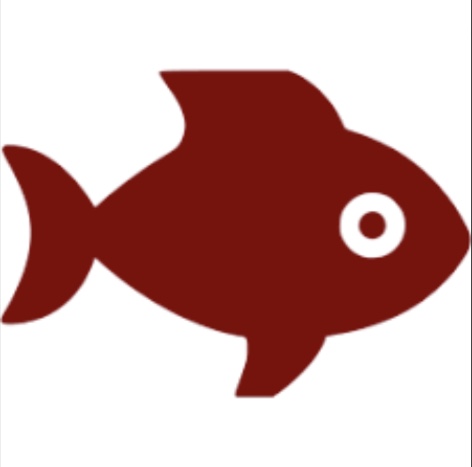
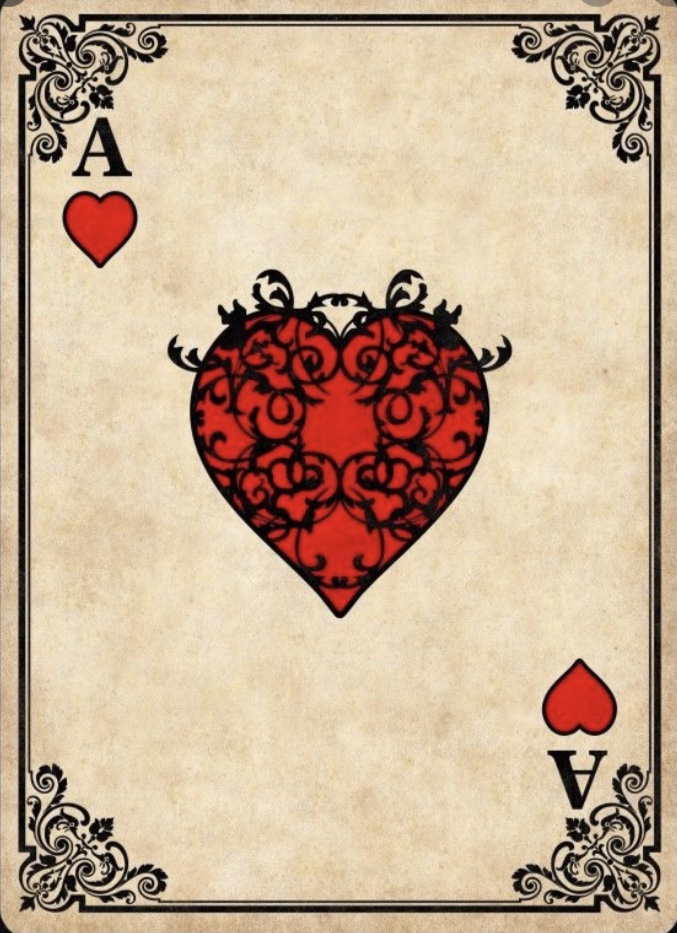
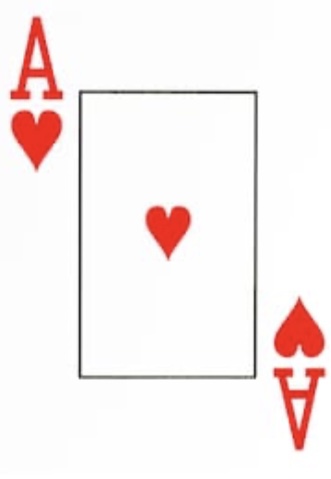
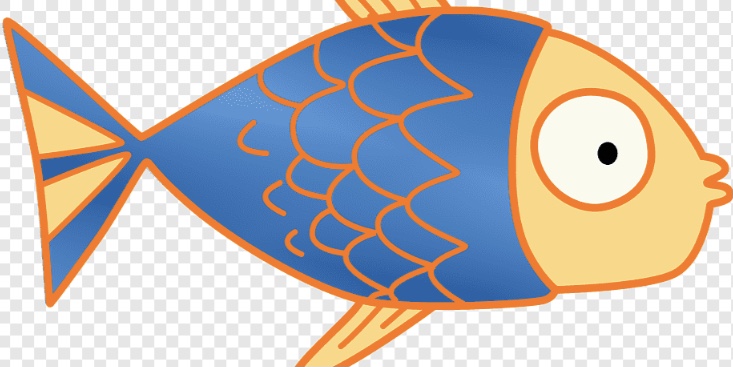

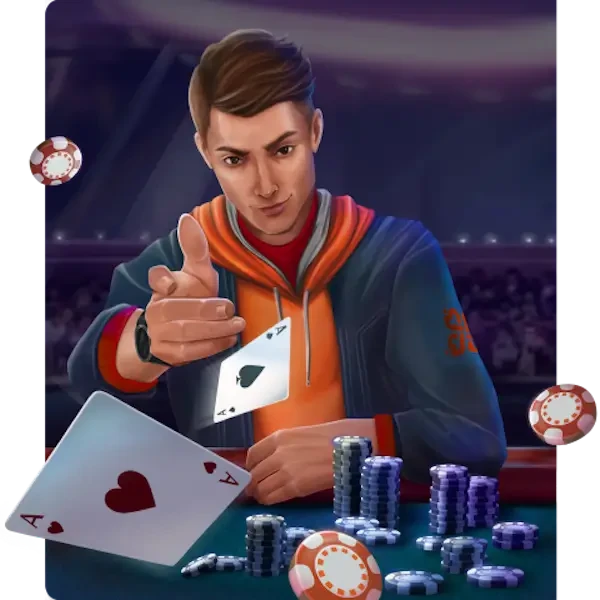
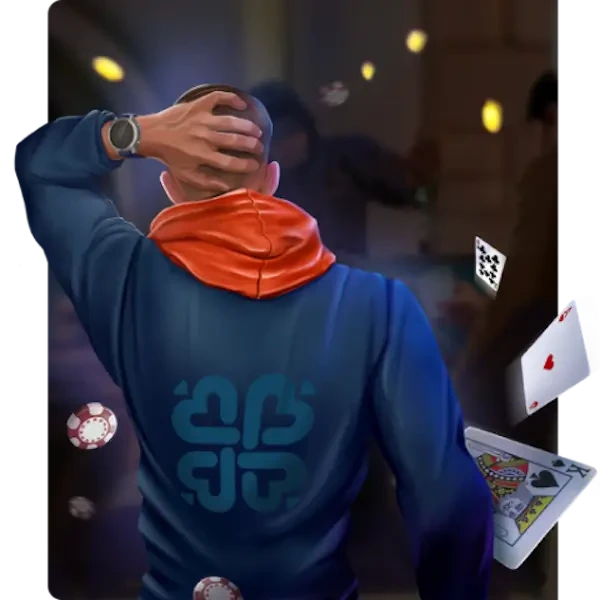
good thinking!
Why should you?
Thanks for the posts. Very cool English!!
Thank you 🙏
How do you find an inspiration, to write posts like this every time?)
I read a lot :)
I mix poker strategy, film reviews, own life experience, challenges and football together :)) 🙏